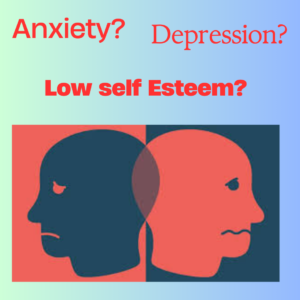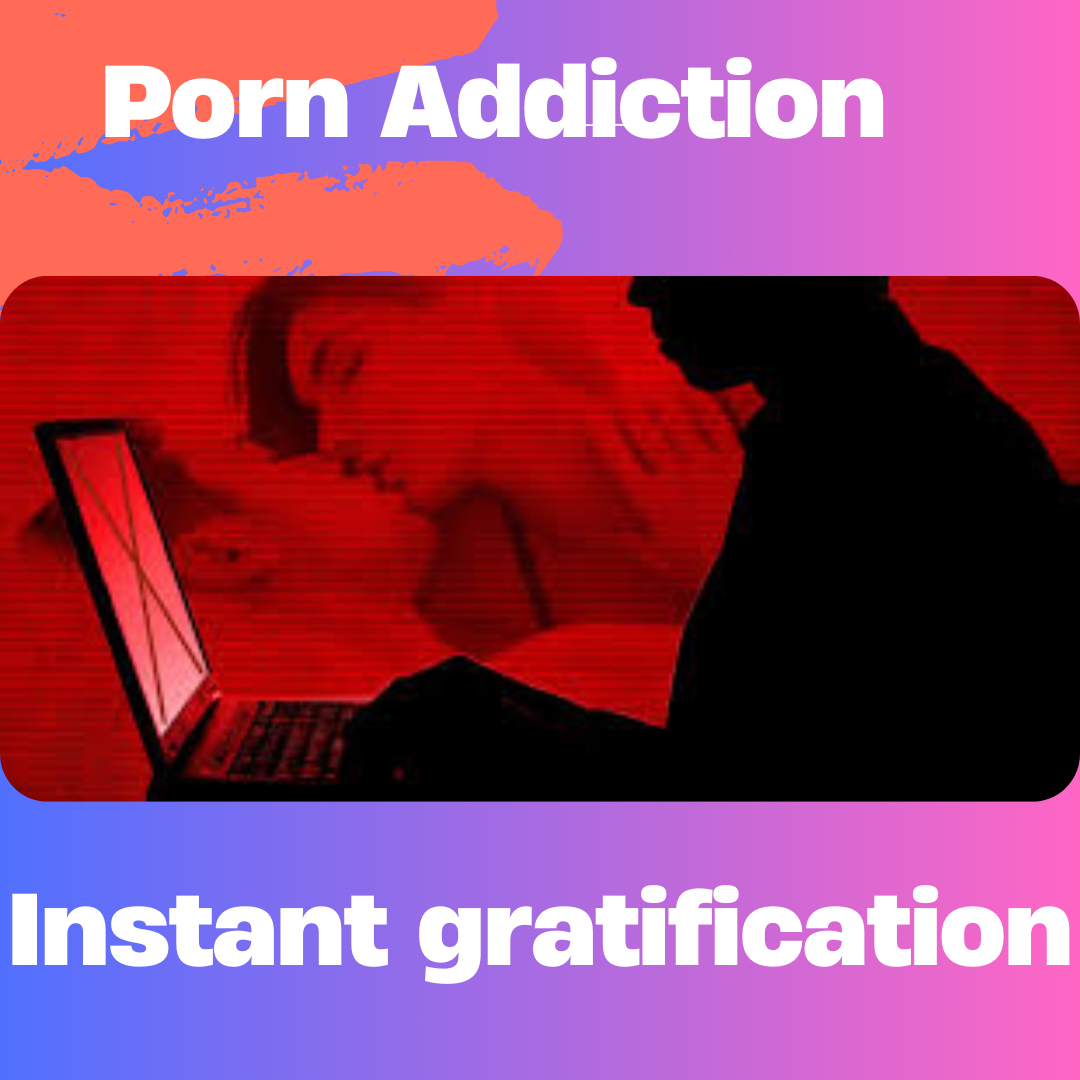Breaking the Cycle: How Porn Addiction Affects Youth Mental Health and Relationships
Understanding Porn Addiction: Defining the Issue
Porn addiction is increasingly recognized as a significant issue among youth, characterized by compulsive consumption of pornography despite negative consequences. It can lead to a distorted view of sex and relationships, often creating unrealistic expectations.
This addiction can stem from various factors including easy access to online content, peer pressure, and a lack of comprehensive sexual education. Understanding the underlying causes is essential for addressing this pervasive issue.
The Psychological Impact: Anxiety, Depression, and Self-Esteem
The psychological effects of porn addiction can be profound, contributing to heightened levels of anxiety and depression among youth. As they become increasingly reliant on pornographic material, they may struggle with feelings of guilt and shame, which can exacerbate their mental health issues.
Moreover, this addiction often leads to a decline in self-esteem, as individuals may compare themselves unfavourably to unrealistic portrayals in pornography. This negative self-image can further perpetuate a cycle of mental distress.

Effects on Relationships: Trust, Intimacy, and Communication
Porn addiction can significantly impact personal relationships, undermining trust and intimacy between partners. Individuals may find themselves unable to connect emotionally, often preferring the fantasy of pornography over the reality of a genuine relationship.
Communication also suffers, as those struggling with addiction may withdraw or become defensive when discussing their habits. This lack of openness can create a rift, making it difficult for partners to address their concerns and support one another.
Breaking the Cycle: Strategies for Recovery and Support
Breaking the cycle of porn addiction involves a multifaceted approach that includes therapy, support groups, and self-help techniques. Professional counsling can provide individuals with the tools needed to understand their addiction and develop healthier coping mechanisms.
Additionally, engaging in supportive communities can foster a sense of belonging and accountability, essential for recovery. Encouraging individuals to explore hobbies and interests outside of pornography can also help them regain control over their lives.
Creating Awareness: The Role of Education and Open Conversations
Creating awareness about the impacts of porn addiction is vital for prevention and recovery. Educational programs that address the implications of pornography on mental health and relationships can empower youth to make informed decisions.
Moreover, fostering open conversations about sexuality and addiction can help normalize discussions around these topics, reducing stigma and encouraging individuals to seek help when needed. An informed community is better equipped to support those struggling with addiction.
